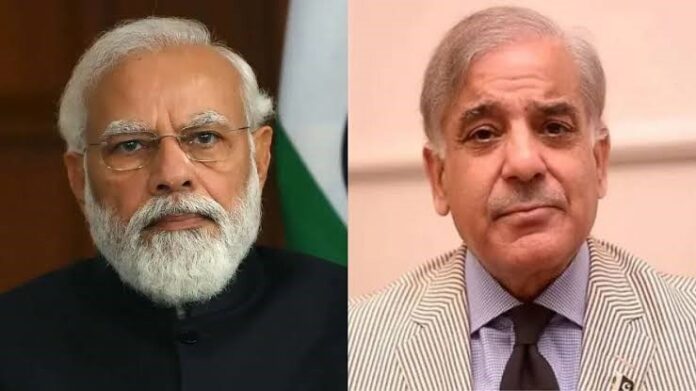It’s official, Pakistan invites Indian PM Modi to SCO summit
Only UN-supervised plebiscite could grant rights to Kashmiris: FO. “Pakistan expects Afghan authorities’ action against terror groups.”
FO reiterates commitment to protect Chinese nationals, projects. Pakistan has extended invitations to all heads of government of the Shanghai Cooperation Organisation (SCO) member states, including Indian Prime Minister Narendra Modi, for the upcoming Council of Heads of Government (CHG) meeting in Islamabad, Foreign Office Spokesperson Mumtaz Zahra Baloch said on Thursday. Baloch, addressing a weekly news briefing in the federal capital, said that Islamabad has also received some confirmations for the upcoming SCO moot to be hosted by Pakistan on October 15-16. Responding to a question, Baloch said Pakistan does not have trade relations with India. The official confirmation regarding Islamabad’s invitations to the heads of the SCO member states came two days after Defence Minister Khawaja Asif said that Pakistan would certainly invite PM Modi to the regional summit. Asif also said the host country could not pick and choose about inviting the heads of state, adding that not extending an invitation to any member state was inappropriate and the SCO would not accept any such move by any host member state. Earlier this week, the Indian Ministry of External Affairs (MEA) had denied the media reports suggesting that PM Modi would not attend the upcoming SCO summit in Pakistan and urged media outlets to refrain from speculating on the matter. The MEA’s statement emphasised India’s position that no official decision had been made regarding the prime minister’s participation in the SCO meeting in Pakistan. The South Asian nations have a history of strained ties, particularly due to the longstanding Kashmir dispute. The FO spokesperson said Jammu and Kashmir is an internationally recognised disputed territory.
She said the United Nations Security Council (UNSC) resolutions clearly state that the final disposition of the Jammu and Kashmir dispute shall be made in accordance with the will of the people through a UN-supervised plebiscite. In this backdrop, Baloch said that any other process cannot serve as a substitute for granting the right of self-determination to the Kashmiri people. ‘No talks with TTP’ Responding to another query, Baloch said Pakistan has no plans to engage in any talks with the outlawed Tehreek-e-Taliban Pakistan (TTP). She said the presence of terror groups including the TTP in Afghanistan is confirmed by multiple international reports including the United Nations (UN). “We expect the Afghan authorities to take robust action against these terror groups and prevent their activities that endanger Pakistan’s security,” she added. The spokesperson reiterated Islamabad’s stance given on the matter last month in which the country ruled out any dialogue with the militant outfit, saying that dialogues are not possible with elements involved in the killings of Pakistanis and foreigners. The federal government has taken a tough stance after witnessing a surge in terrorist attacks and launched a reinvigorated and re-energised national counter-terrorism drive, Azm-e-Istehkam (Resolve for Stability), in June to turn up the heat on militants targeting the state. CPEC projects debt When asked about the China-Pakistan Economic Corridor (CPEC), the spokesperson said: “It is a transformational project that has contributed positively and transparently to Pakistan’s national development.” She further said that the CPEC project enjoys support and popularity in all provinces and across the political divide in Pakistan. The FO spokesperson clarified that Pakistan’s total public debt relating to CPEC projects is a small percentage of its total debt. Moreover, she said, the public debt obtained from China has longer maturity periods with low interest rates. She reaffirmed Pakistan’s commitment to provide full security to all Chinese nationals, projects and institutions.

